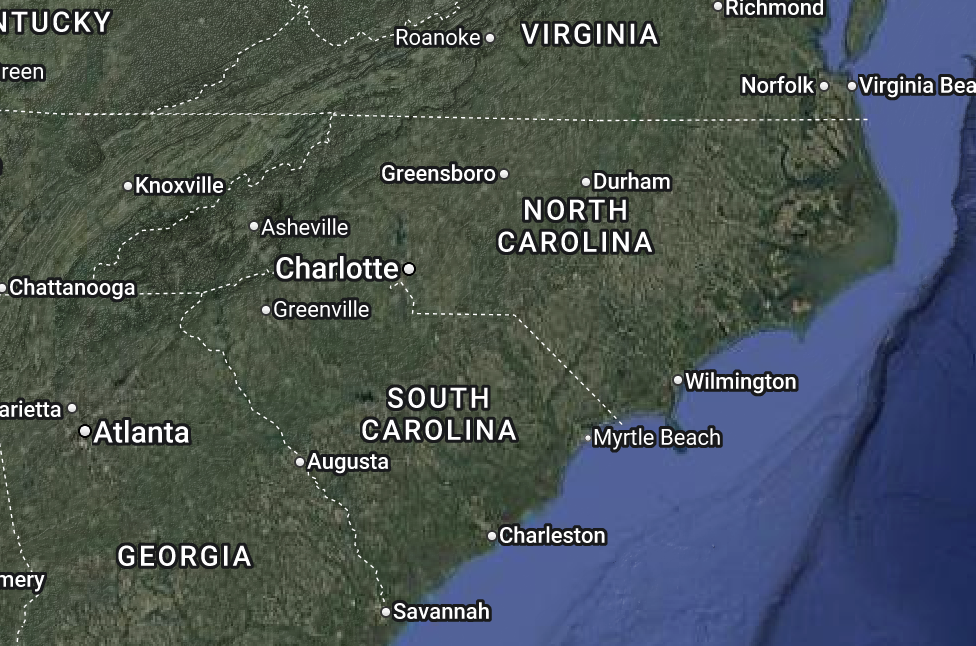TikTok was an overnight sensation when it first hit the scene, helped along by quarantine keeping everyone home. In a few short years it became one of the most used apps in the United States and an internet cultural touchstone. Now though, President Biden has signed an ultimatum: If TikTok’s parent company, ByteDance, doesn’t sell the app to an American company within nine months, it will be banned in the United States. ByteDance has publicly stated that it has no intentions of selling TikTok, so it’s likely that American users will be forced off the app very soon.
While controversial, the ban is not unprecedented. India banned the app in 2020 following conflicts with China. Previously, the country had a vibrant and booming presence that shifted its cultural landscape, much like in the US. For the first time, people who had lower socio-economic statuses or lived in more rural locations could get a following. The income from making videos changed the lives of more disadvantaged influencers. Influencers who couldn’t have gotten a platform anywhere else. Unlike the current US ban, India’s ban was put into effect immediately. A few different apps tried to fill the niche TikTok had left behind, but ultimately most of its users went to YouTube or Instagram. And while short form content remained in style, much of the TikTok specific culture died with it. Algorithms for the larger apps don’t push small creators in the same way, and TikTok replacements couldn’t keep up with better known tech giants.
India was far from the only country to ban TikTok and other Chinese apps. Pakistan instituted several temporary bans in 2020 as well, and Nepal announced its decision to ban TikTok in November of last year. In fact, the European Commission President recently commented that an EU TikTok ban is very much an option. The ban seems to be part of a larger, international trend.
However, a US ban might not be as imminent as it appears. There are several legal questions that haven’t yet been addressed, including the implications of such a ban on future government censorship cases. A ruling in favor of the ban might set a precedent that allows the federal government to more easily keep information from foreign sources unavailable to the public. Some also argue that imposing a ban would also infringe citizens’ freedom of speech. Though the ban has bipartisan support, a legal challenge seems likely. After all, the government has released very little concrete proof of the national security concerns officials keep alluding to. While a ban is a real possibility, it’s not yet a guarantee.














